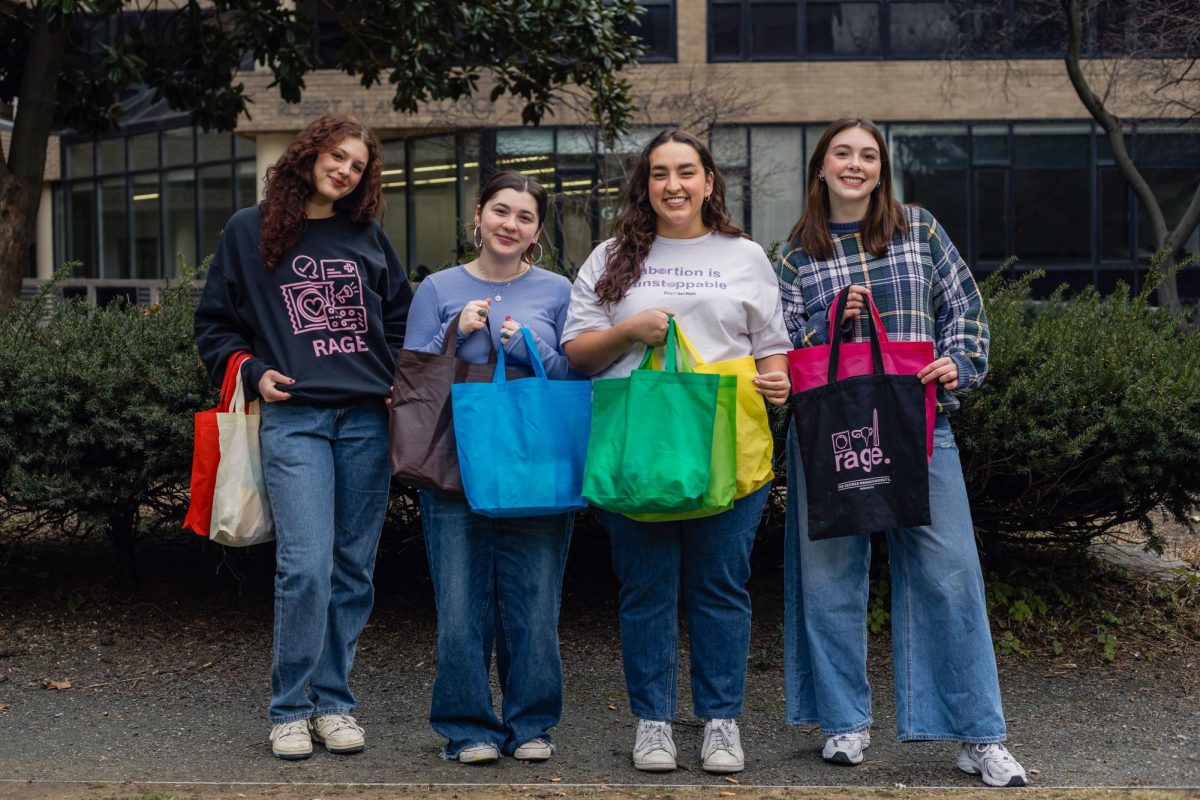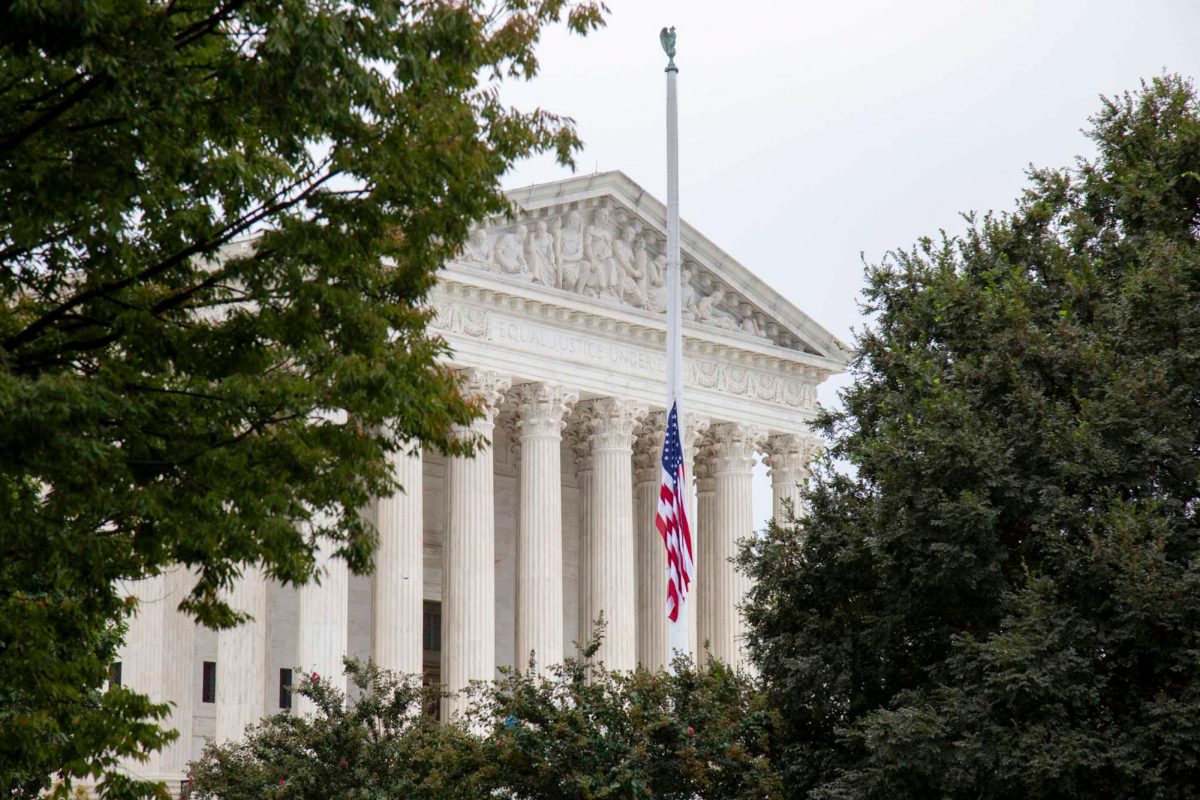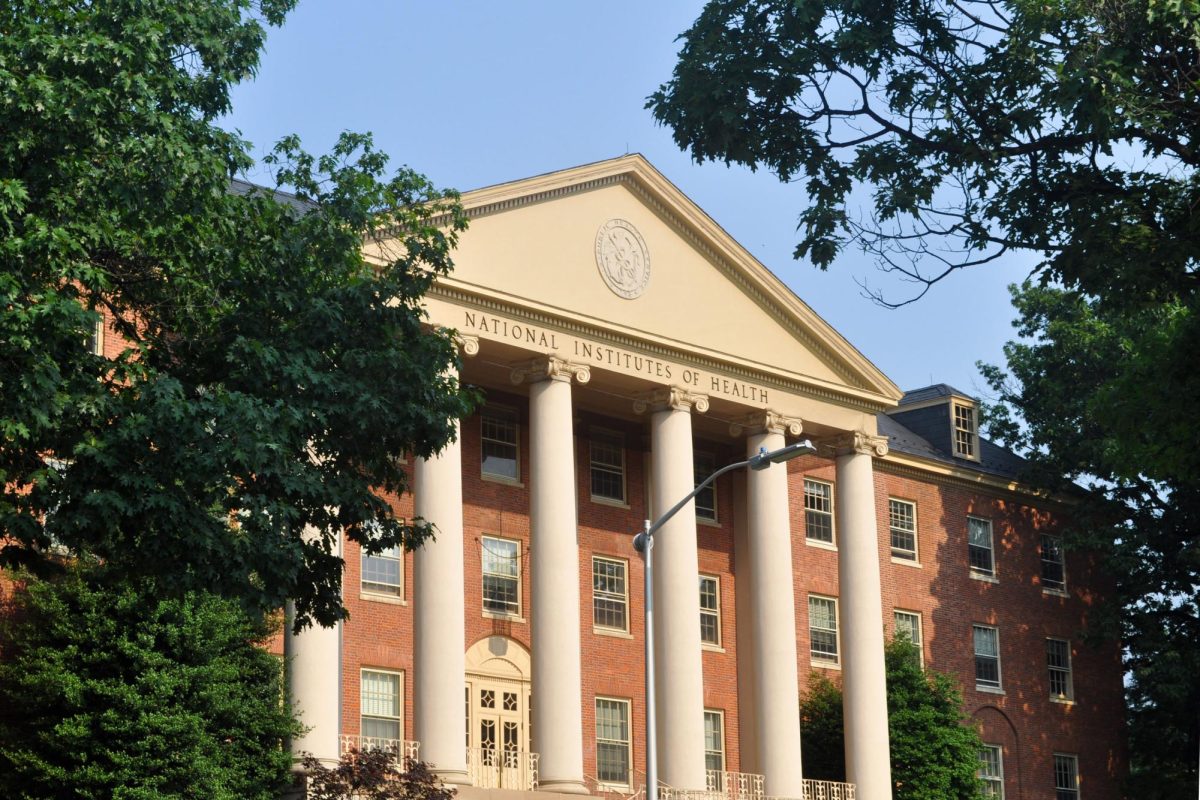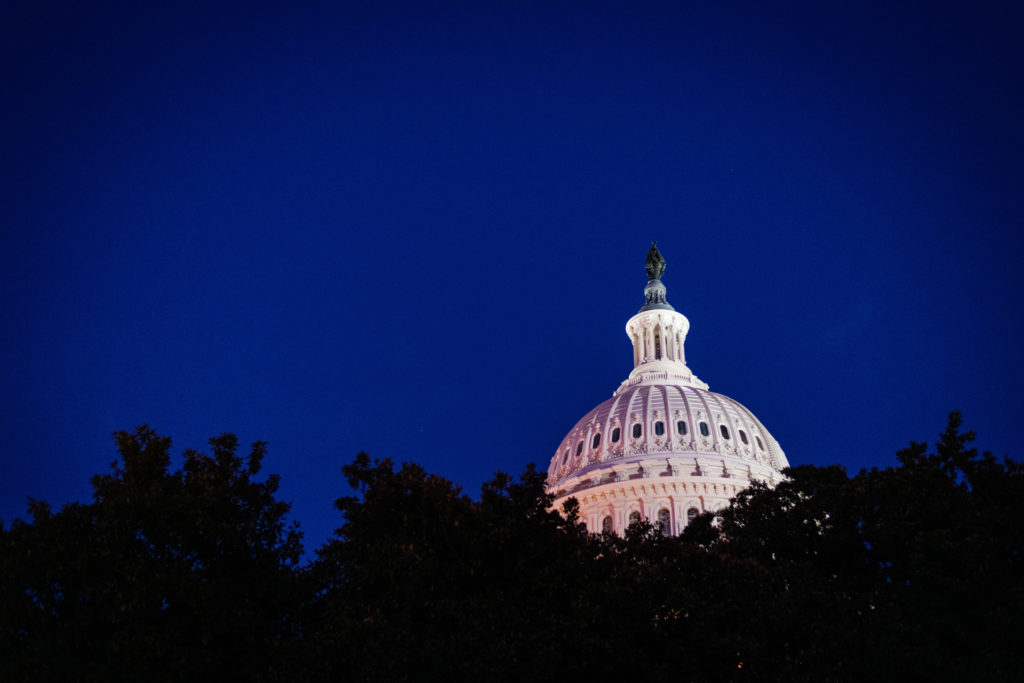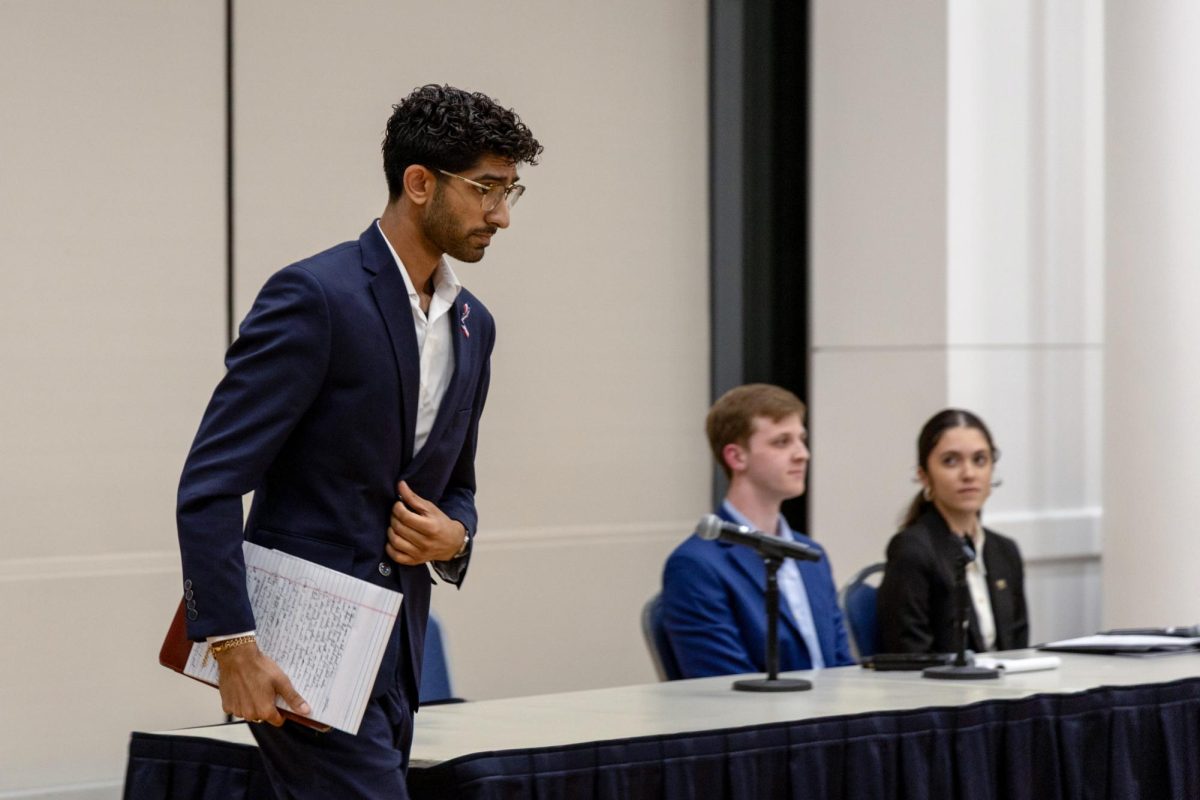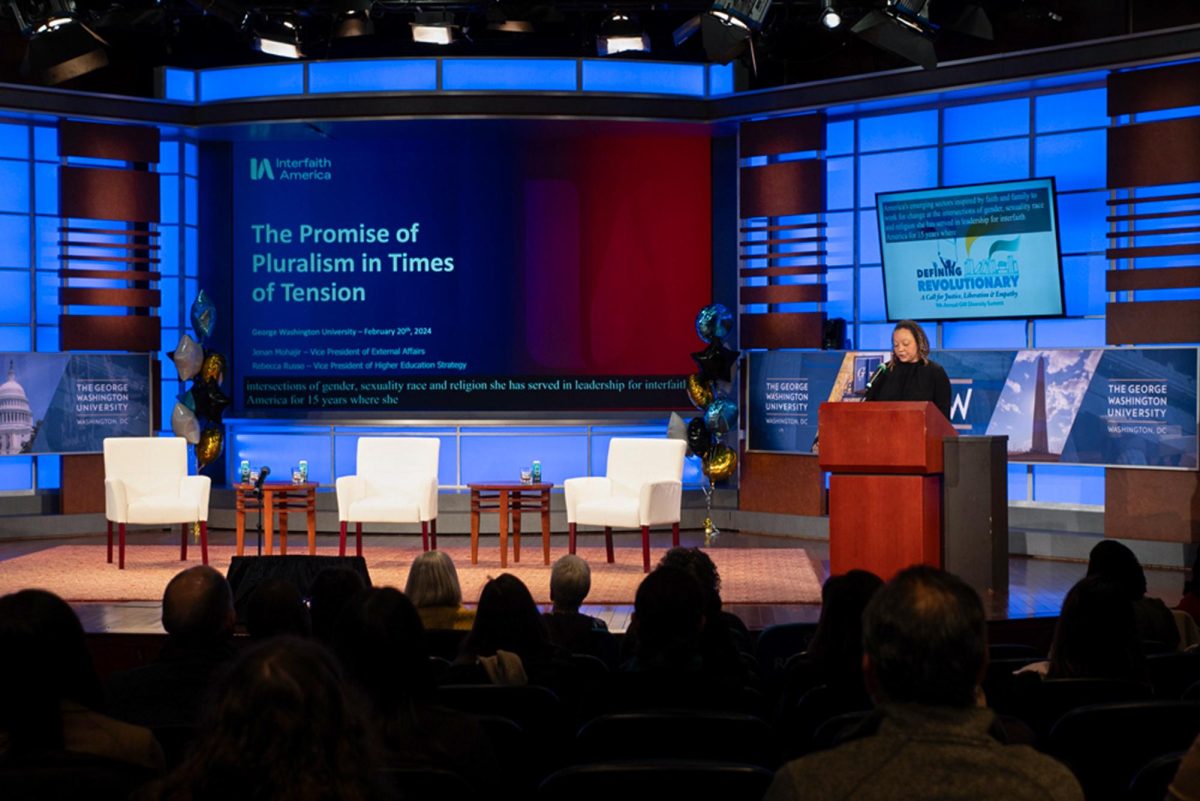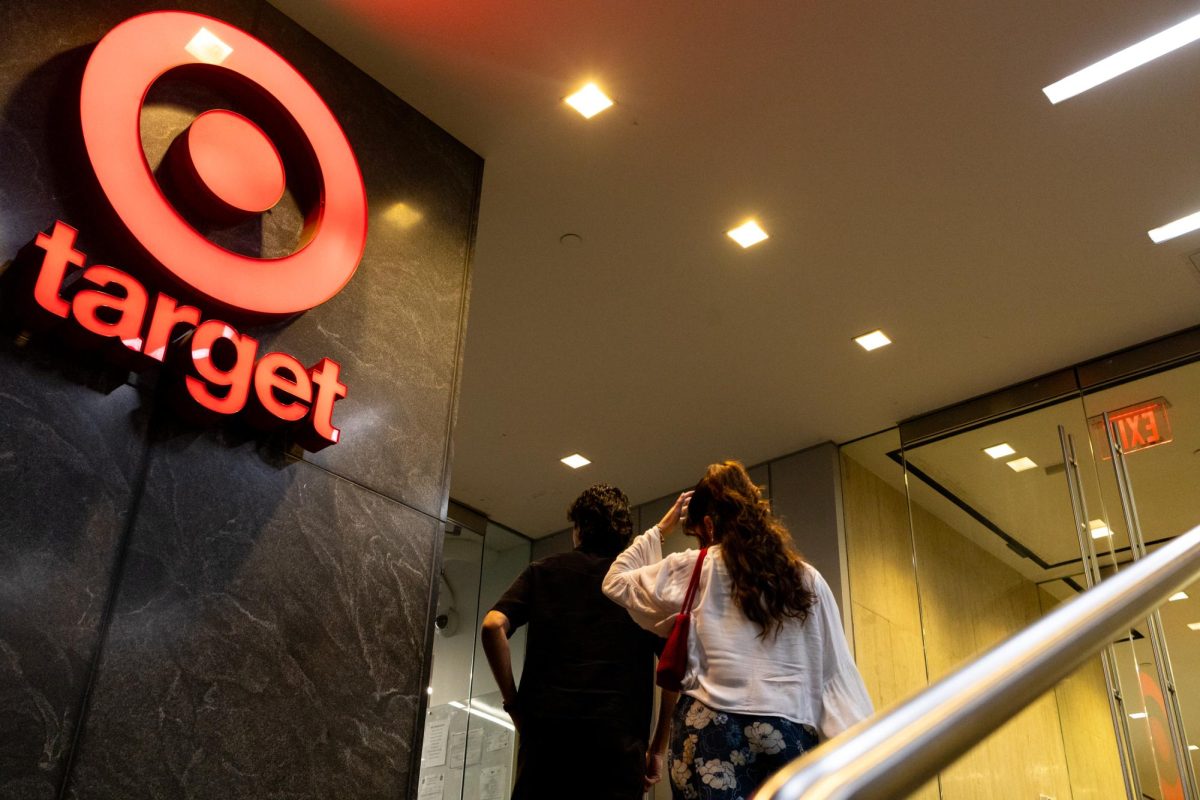A reproductive justice student group has trained a team of students to help other students through the process of an abortion.
Junior Sophia Boyer, the treasurer of GW Reproductive Autonomy and Gender Equity, said the Abortion Support Collective launched Feb. 20 and accepted and trained 20 student doulas to provide emotional and practical support to students receiving medicated or in-clinic abortions through phone calls, messaging and in-person meetups where doulas teach students breathwork exercises and affirmations. Boyer said students seeking support can fill out a form asking if they’re seeking a medicated or in-clinic abortion and the type of care they want from student doulas, who cannot provide medical care.
Boyer said the program provides “abortion support bags” — fabric tote bags with pads, heating packs and ibuprofen — to students who request materials through the form. She added that the collective helps connect students to abortion providers in D.C. through the D.C. Doulas for Choice Collective — an organization offering abortion doula services.
“Going through an abortion can be an incredibly emotional experience,” Boyer said. “You can be incredibly happy, incredibly sad. And we wanted to create a student network in which people could kind of show up and be there for fellow students.”
Junior Stephanie Spector, the co-president of RAGE, said the group asks students to clarify on the form whether they would like support from a student doula before, during or after an abortion. She said the group selected students for the collective who did not look at abortion as a “negative process” and would be able to adapt to different circumstances.
“One of the big things about doula work is that you have to kind of understand what your client wants in different cases and to some people their abortion might be a really beautiful thing. To some people, it might be a really devastating thing,” Spector said.
One of the collective’s main priorities is providing students with physical support through breathwork. One doula, sophomore Maddie Bird, said she learned and practiced different breathing and yoga exercises to teach students throughout the process of their abortion to feel connected to their bodies.
Spector said digital security and maintaining online confidentiality for the students seeking abortions was a concern throughout the creation of the program because of the criminalization of abortion in states like West Virginia. Online search histories have been used to prosecute women for violating abortion restrictions, according to the Washington Post.
Spector said the collective plans to delete all information the form receives from students every 30 days to ensure no long-term records exist. She said doulas will use encrypted messaging services like Signal to communicate with their clients to keep students’ information private.
“That was really important to us in figuring out the right apps to use, the right means of communication. And given that our collective is mostly virtual for the time being, we just really needed to make sure that we were ready and prepared to launch this and be able to also protect and keep private the information of the people who were using the collective,” Spector said.
Spector said leaders in RAGE used a curriculum from the D.C. Doulas for Choice Collective to train student doulas over the course of a two-day, on-campus training session in January. She said the training provided student doulas with information about the process of a medication abortion and where to refer students to receive abortion pills.
First-year Ashley Marroquin Castillo, a member of the student collective, said one of her roles as a doula is to reassure students who may feel guilt or shame over their abortion.
“There are also some people that grew up very religious and have a lot of stuck-to views on having a medicated abortion and people could face a lot of religious guilt for that,” Marroquin Castillo said. “And what we’re there to do is to provide an open space to reassure them that, ‘It’s okay, you did what was best for you.’”
She said doulas learned how to set “healthy boundaries” between themselves and the students they are helping to protect doulas’ own mental well-being while still fostering a safe environment for students. If the doula and student feel comfortable, students can request in-person meetings, but the doulas are primarily trained to provide virtual support through online messaging and Zoom calls, she said.
“It could be that people are just kind of scared to get an abortion and don’t really know what the process is like,” Marroquin Castillo said. “So we’re just kind of there to reassure them that ‘You’ll be okay, things will be safe, I’m gonna take care of you and what you’re doing is not wrong.’”
Since doulas are not trained to provide medical care for students going through an abortion, student doulas can refer patients seeking in-person medical care to other abortion care providers that RAGE works with, like the D.C. Doulas for Choice Collective and the D.C. Abortion Fund, she said.
“We’re not medical professionals, obviously, there’s only so much we can really do, but we’re just trying to provide practical information and emotional support to our clients,” Marroquin Castillo said.
Graduate student Caroline Motley, a member of the student collective, said the group receives a notification whenever a student fills out the abortion support form. She said an available doula will be put in contact with the student to talk them through the process of their abortion, adding that doulas ensure students follow the proper regimen of a medicated abortion.
“That’s also the beauty of having so many abortion doulas in the collective, is that someone will be willing and able to step up as needed and then they are responsible for helping that individual,” Motley said.
RAGE Co-President Maddy Niziolek said the collective received its first request last week and they have since paired the respondent with a doula. She said the next step of the collective is to work with the Student Health Center to provide pamphlets about the program and have the center direct students seeking an abortion to the collective. She said she hopes students will feel like they can “trust and rely on youth doulas” to provide care on campus.
“There are not many abortion doula collectives on college campuses that focus on medication abortion support work, so it’s a little bit of a new area,” Niziolek said. “We’re continuing to work on what this looks like and building it to really support students in every way that they need.”


